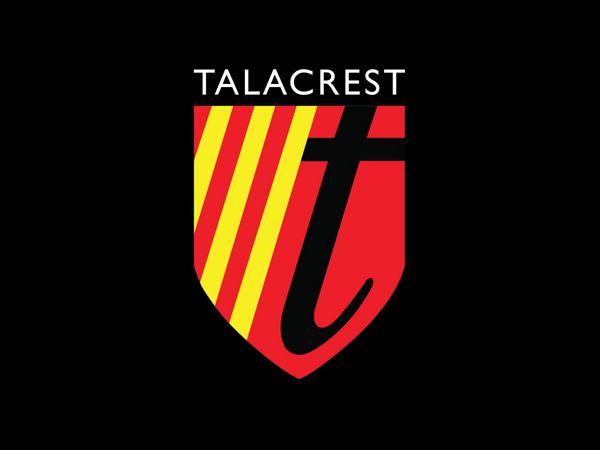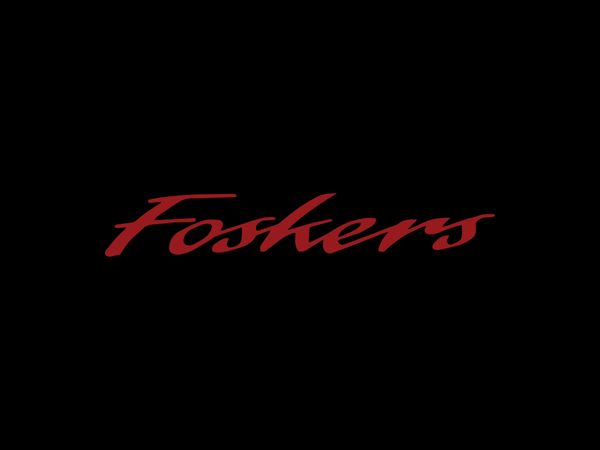With the weather changing from wind and rain to glorious sunshine on race morning, athletes from all over Europe lined up in the ancient city of Viborg to race the 10k-60k-10k Powerman Classic Distance that would decide who was the best in Europe.
It was the Elite Women who opened up the championship racing.
As expected, it was defending Champion, Sandrina Illes AUT who kicked first on the twisting, technical and sometimes cobbled streets of the City of Kings.
On the first lap, she broke away from the chase pack but was soon caught by Great Britain’s Georgina Schwiening and then the dangerous Swiss duo of Petra Eggenschwiler , Nina Zoller and Melanie Maurer.
With the world’s top three athletes in that lead pack, it was inevitable that the pace would increase.
Schwiening held on and GB’s other elite athlete, Alice Hector smiled, gambled and kept them in sight.
A final kick and Illes had escaped in the final few hundred metres before T1 but she had not escaped the fast running of Schwiening and they clocked 33:44 for their first run.
Dangerously close were Maurer and Eggenschwiler.
A grueling bike ride was ahead of them and it was the biking skills of the reigning world champion, Eggenschwiler that took her comfortably away.
A 1:40:08 split set her up for a closing run that saw her leave T2 with almost 4 minutes to spare.
The same twisting, turning and cobbled run, over four laps, was perfect for the spectators and it was perfect for Eggenschwiler, checking the progress of the others.
Maurer dug deep. Hector had done well out on the bike course and was looking solid in third place but Illes was now powering along behind her and looked to be a real threat to the British ultra-runner.
Schwiening had seen athletes pass her on the bike but then, back to the run was overtaking them and moving through the ranks.
The final lap done and the loop behind the cathedral completed, it was Eggenschwiler, adding the European title to her 2018 World one that took the finish tape to the delight of the Swiss supporters. Maurer was almost 4 minutes back and in third place was Hector, adding this medal to her bronze that was won in Ibiza.
For the European Champion, "Es war ein sehr harter Wettkampf. Ich wusste, dass es wahnsinnig starke Konkurrentinnen hatte, die vor allem im Laufen einiges schneller sind als ich. Deshalb musste ich auf dem Velo Vollgas geben, um möglichst einen Abstand herausholen zu können.It was a really hard race. I knew that I had really tough competition who would be faster than me on the run. For that reason I had to give it all on the bike in order to create as much of a lead as possible.”
For the Elite Men, we knew that it would be an open race now without two key players but with the recent victory on the frozen planet called Alsdorf, Daan de Groot NED was in with more than a good chance.
He would have to face the fast running of the Danes, who certainly had the crowds behind them. It was Simon Jørn Hansen DEN, who won bronze last year in Vejle who led them into T1, with Jan Petralia BEL and GB’s Ben Price neck and neck only a few seconds behind. From Spain, a late entrant was Gonzalo Fuentes Isasi making his ETU Powerman debut and he pulled Switzerland’s Fabien Zehnder into the mix.
The bike course was as tough for the men as it was for the women and soon enough the positions had changed. Daan de Groot was having a supreme race as was Chris Fischer DEN but the Dutchman knew that he had to keep ahead of Petralia in order to stand a chance of the title. Back in Alsdorf, it was a victory for de Groot with Petralia coming home second so the strengths and weaknesses were well-known between the two athletes.
De Groot dug really deep on the bike and maintained the power for the 60k course that took the athletes back into the city centre and onto the cobblestones.
By the time they entered T2, he had the advantage. A fast and flawless transition from bike to run saw the Dutchman head out onto the course and with 4 laps he was now far enough ahead to take control. Zehnder started to show signs of fatigue. Price was making his way back and Petralia kept his position. From behind, it was Spain’s Fuentes who looked incredibly relaxed and who was picking off the athletes one by one.
De Groot had done enough and victory was his. Petralia, in a repeat of Alsdorf, had to settle with silver but Fuentes had the race of his life to take the final place on the podium.
After the medals, de Groot took us inside his race, “Ik verloor wel tijd in de afsluitende run, maar ik heb gewoon niet achterom gekeken. Ik wilde geen zwakte tonen. Pas in de laatste honderd meter kwam het besef dat ik Europees Kampioen ging worden. Ja, dat gevoel is onbeschrijfelijk. Ik had mazzel met het feit dat het fietsparcours zo zwaar was. Daar kon ik het verschil maken. Het was niet de vraag of ik het gat naar de kopgroep dicht zou rijden, maar na hoeveel kilometer dat zou gebeuren. Gelukkig lukte dat al binnen twintig kilometer. Als dat veel later was gebeurd, was ik kansloos geweest.
I lost time in the final run but I didn’t look back. I didn’t want to show any signs of weakness. It was only in the last hundred meters that it really sank in that I was going to be the European Champion. An indescribable feeling. I was lucky that the bike course was so tough. It was there that I could make the difference. It wasn’t a question should I try and make it to the leaders, but in how many kilometers that would happen. Luckily I made that in the first 20k. If that had happened much later, then it would have been game over for me.”
A tough and windy course; a challenging course; great support out on the first run as spectators lined the streets. Viborg got the thumbs up from the athletes.
























